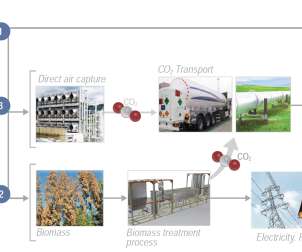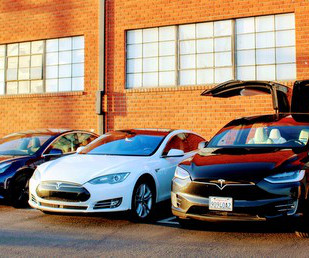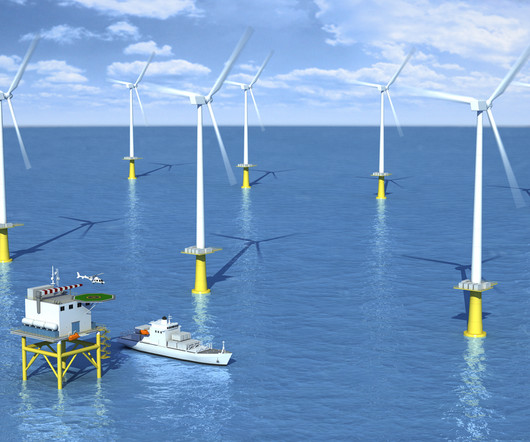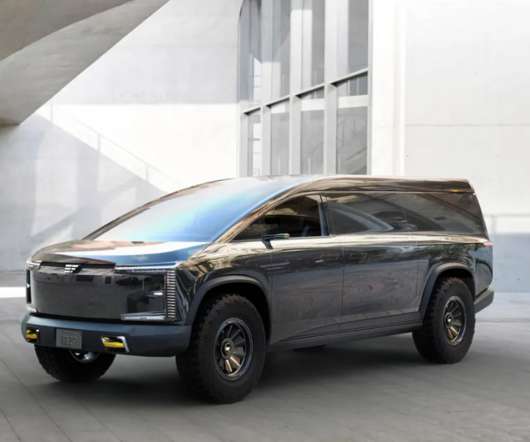SANY developing hydrogen fuel cell construction vehicles
Green Car Congress
APRIL 5, 2021
With a high-torque drive motor and an AMT gearbox, the high-power fuel cell stack features an energy conversion rate of more than 50%. At the 2020 United Nations Climate Change conference, Chinese President Xi Jiping proposed that China’s carbon dioxide emissions should peak in 2030 and that carbon neutrality should be achieved by 2060.










































Let's personalize your content